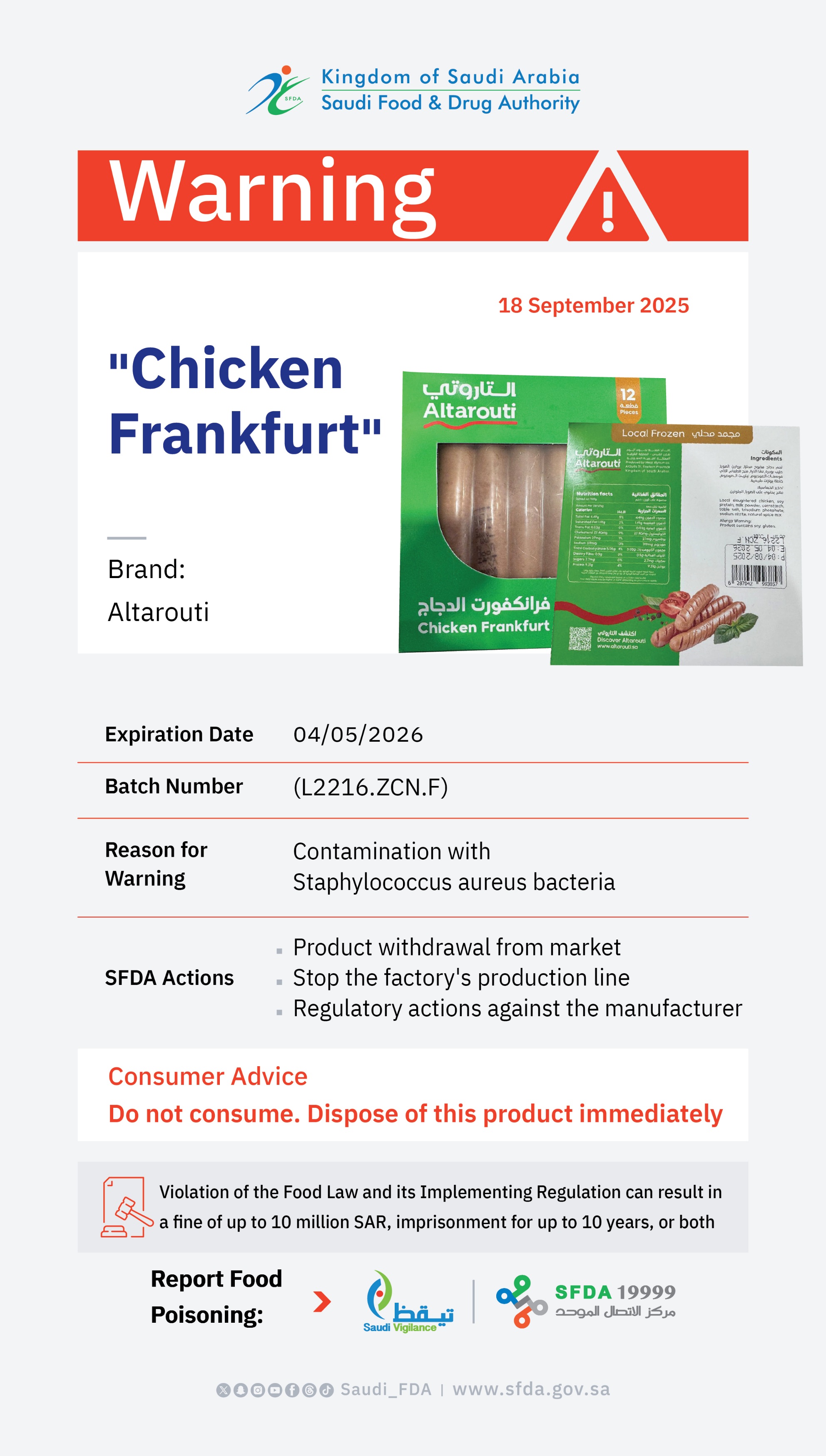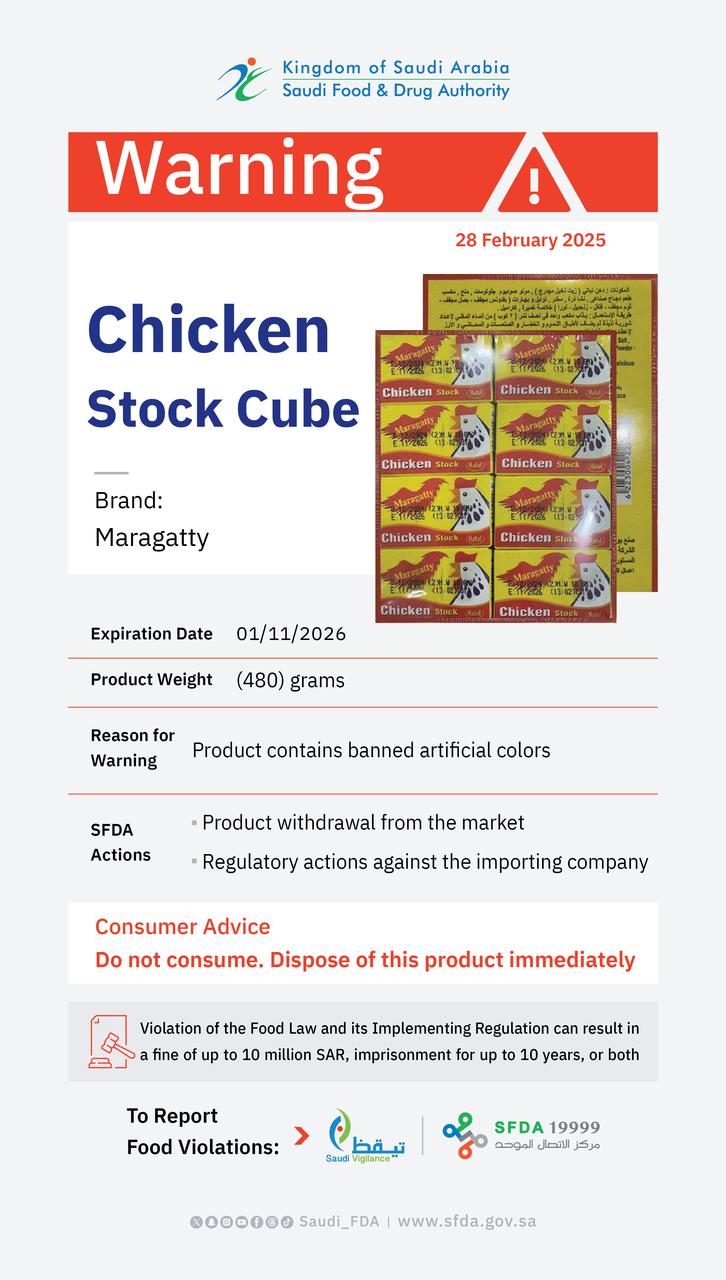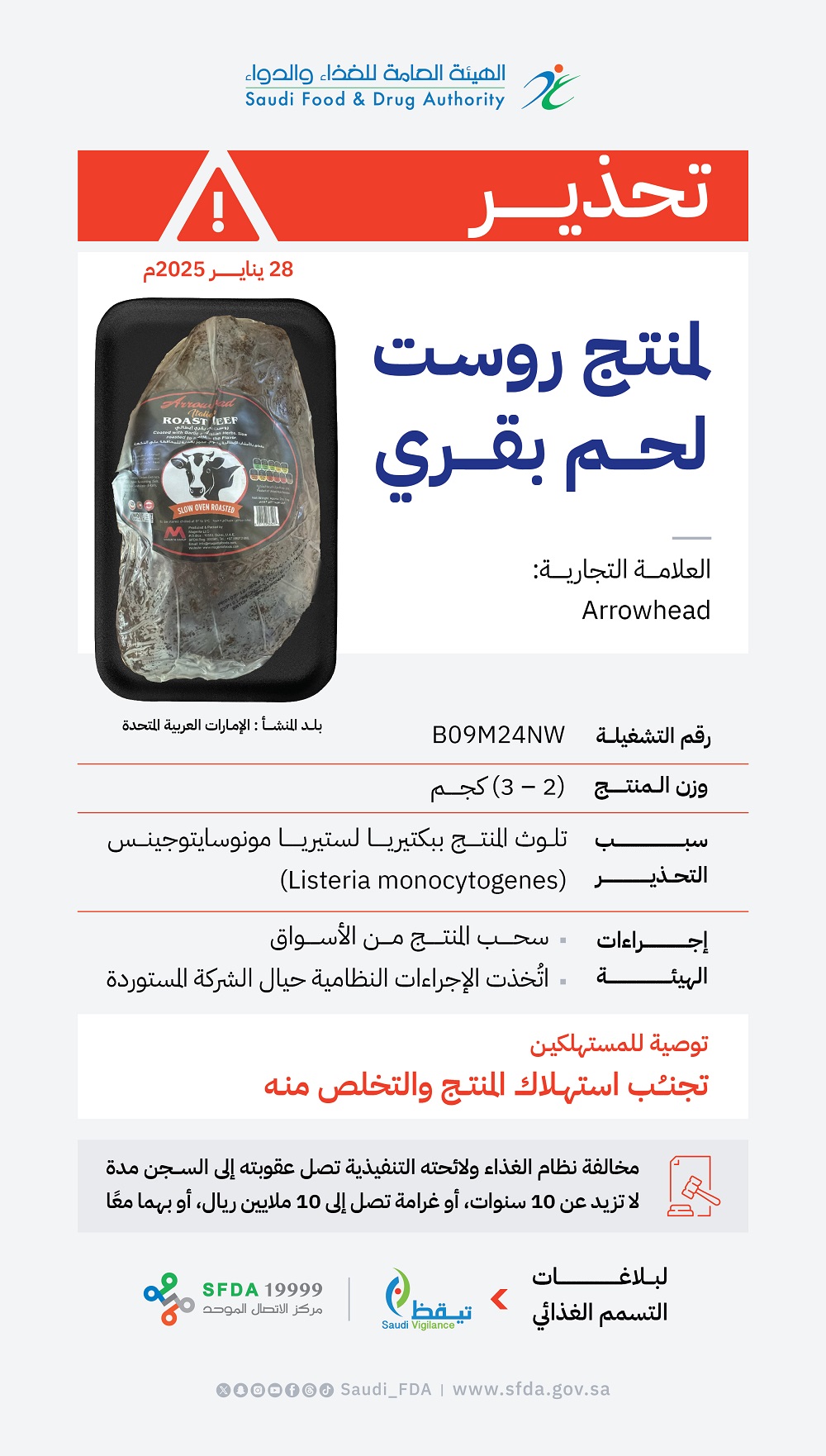
Rosiglitazone no longer recommended
2008-11-04
GlaxoSmithKline (GSK) suffered a heavy blow at the hands of two leading diabetes societies. For the first time, the American Diabetes Association (ADA) and the European Association for the Study of Diabetes (EASD) have issued guidelines that explicitly advise against the use of GSK's rosiglitazone for type-2 diabetes.
Rosiglitazone belongs to a group of PPAR-γ modulators known as the thiazolidinediones (TZDs). It was licensed in 1999 by the US Food and Drug Administration (FDA) for use as a glycaemia-lowering drug in type-2 diabetes, but a meta-analysis last year showed increased risks of myocardial infarction and death from cardiovascular causes.
GSK avidly defended its product and a flurry of intense research ensued—most were secondary analyses of trials powered for other outcomes. In August, 2007, the FDA announced black-box warnings for rosiglitazone and pioglitazone (the other TZD marketed by Takeda). The European Medicines Agency issued their own warning in October, 2007. In January, 2008, the ADA and EASD reaffirmed their position—originally outlined in their 2006 algorithm—that recommended TZDs as second-line treatments for type-2 diabetes, after lifestyle interventions and metformin prescription.
Further concerns about the TZDs were raised earlier this year when the ACCORD trial was terminated early after patients in the intensive treatment arm (91% of whom received rosiglitazone) were at significantly increased risk of death, specifically from cardiovascular disease. In the strongest response to date, the ADA/EASD Oct 22 consensus relegated the use of pioglitazone to a third-line treatment, additionally stating that rosiglitazone was not recommended at any point during treatment. Since alternative effective options are available, the expert panel rightly felt that a drug with rosiglitazone's safety profile could no longer be advocated. The much awaited RECORD study, the first trial prospectively designed to assess the cardiac outcomes of rosiglitazone in patients with diabetes, is due to end later this year. The ADA and EASD are wise to recall their recommendation of rosiglitazone until the results from RECORD are known.





